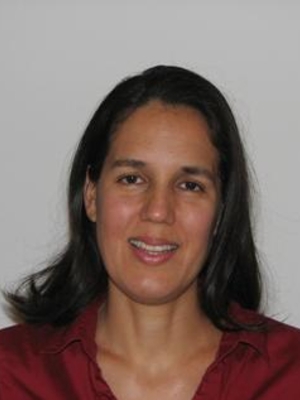Social Mobility
Leaders: Raj Chetty, Gary Solon, Florencia Torche
The purpose of the Social Mobility RG is to develop and exploit new administrative sources for measuring mobility and the effects of policy on mobility out of poverty. This research group is doing so by (a) providing comprehensive analyses of intergenerational mobility based on linked administrative data from U.S. tax returns, W-2s, and other sources, and (b) developing a new infrastructure for monitoring social mobility, dubbed the American Opportunity Study, that is based on linking census and other administrative data. Here’s a sampling of projects:
Small place estimates: The Equal Opportunity Project, led by Raj Chetty, uses tax return data to monitor opportunities for mobility out of poverty. In one of the new lines of analysis coming out of this project, the first round of results at the level of “commuting zones” are being redone at a more detailed level (e.g., census block level), thus allowing for even better inferences about the effects of place.
The American Opportunity Study: This research group is also collaborating with the Census Bureau to develop a new infrastructure for monitoring mobility that treats linked decennial census data as the spine on which other administrative data are hung.
Colleges and rising income inequality: Where do poor children go to attend college? The “Mobility Report Card” will convey the joint distribution of parent and student incomes for every Title IV institution in the United States.
The “absolute mobility” of the poor: What fraction of poor children grow up to earn more than their parents? Have rates of absolute upward mobility changed over time? This project develops a new method of estimating rates of absolute mobility for the 1940-1984 birth cohorts.
Intergenerational elasticities in the U.S.: There remains some debate about the size of intergenerational elasticities in the U.S. A rarely-used sample of 1987 tax data provides new evidence on U.S. elasticities.
CPI Collaborators
 |
Petr Mateju |
Professor |
Institute of Sociology of the Academy of Sciences of the Czech Republic |
 |
Karl Ulrich Mayer |
Stanley B. Resor Professor Emeritus of Sociology; Professor, Institution for Social and Policy Studies (ISPS); Director Emeritus, Max Planck Institute of Human Development |
Yale University |
 |
Leslie McCall |
Presidential Professor of Sociology and Political Science; Associate Director, Stone Center on Socio-Economic Inequality; LIS Senior Scholar |
City University of New York |
 |
Reinhard Pollak |
Head of the National Educational Panel Study: Vocational Training and Lifelong Learning, Social Science Research Center; Professor of Sociology, Freie Universität Berlin |
Freie Universität Berlin |
 |
Adrian E. Raftery |
Professor of Statistics and Sociology |
University of Washington |



